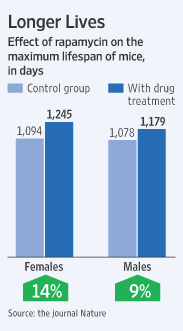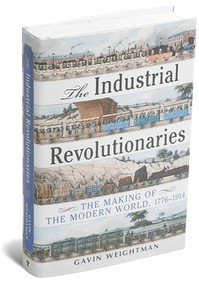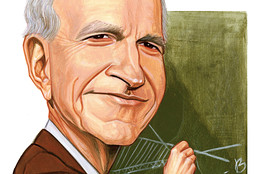(p. A5) WASHINGTON — A House panel approved a big Pentagon spending bill this week that included nearly 150 items tucked in by lawmakers on behalf of companies and other entities whose employees donated to their campaigns.
The Democratic Congress and President Barack Obama swept into power on a promise to reform the process of lawmakers trying to dictate in detail how funds are spent, known as “earmarks.” When Mr. Obama signed a spending bill for the current fiscal year in March, he said the earmark-laden legislation should be an “end to the old way of doing business, and the beginning of a new era of responsibility and accountability.”
But as lawmakers work their way through spending bills for the next fiscal year, which begins Oct. 1, earmarks appear alive and well — including those written for companies, foundations, and universities whose employees and political-action committees gave money to the campaigns of congressmen doing the earmarking.
The $636.3 billion 2010 defense-spending bill passed Wednesday by the House Appropriations Committee includes more than 1,100 earmarks, totaling more than $2.7 billion.
Members of the Defense Appropriations Subcommittee — the 18 members of Congress who wrote the bill — secured a total of 148 earmarks worth $461 million for entities whose employees have given $822,765 in campaign donations to those lawmakers since 2007. The data were compiled by the nonpartisan Taxpayers for Common Sense, which analyzed nearly 400 earmarks.
For the full story, see:
JAKE SHERMAN. “Bill Shows Earmarks Are Alive and Well.” Wall Street Journal (Sat., JULY 25, 2009): A5.







